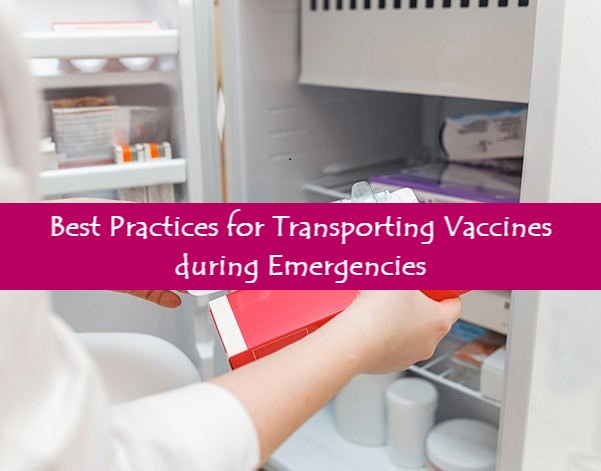It’s winter and that means snowstorms might be in your future. Failed equipment, power outages and bad weather can create a problem with vaccine storage. If you haven’t reviewed your emergency plan for vaccines this is your chance.
How to Pack Vaccines for Transport
You can be ready to move your vaccines to a safe place (e.g. house refrigerator/freezer, etc.). Here is a resource from the CDC that gives some guidance when transporting vaccines during emergencies. The CDC gives some common and inexpensive ways for packing and transporting vaccines using a standard hard-sided or Styrofoam cooler with ice packs or frozen water bottles. Some offices have worked out special arrangements with nearby hospitals in case of emergency. For those offices that store a large amount of vaccines you can consider a generator or a battery back-up system.
CPP vaccine storage equipment recommendations
Operating a medical refrigerator or freezer without power protection is a huge risk for practices. Having a medical refrigerator backup power system can improve efficiency, reduce damage to your vaccine supply, and protect your practice bottom line. Medi+Products specializes in battery back-up systems for power supply to your vaccine storage equipment. CPP members can receive a discount on their purchase by contacting Ian Lyons.
Visit the CPP website to see a list of other recommended refrigerators, freezers and other storage equipment from other CPP members to help ensure vaccines are safely stored.
